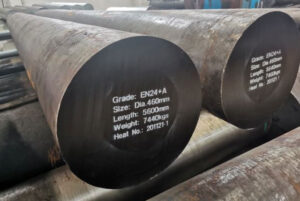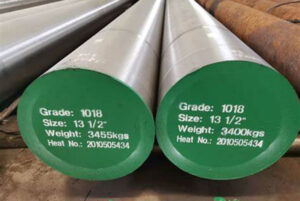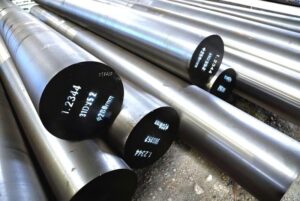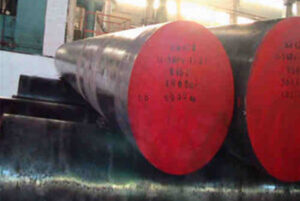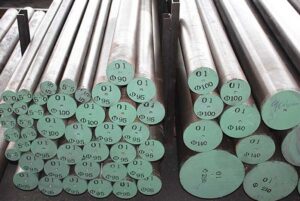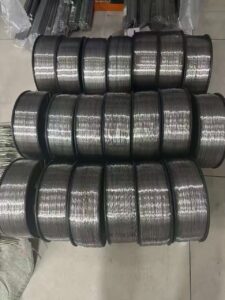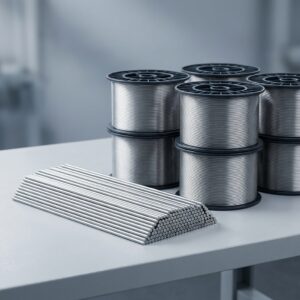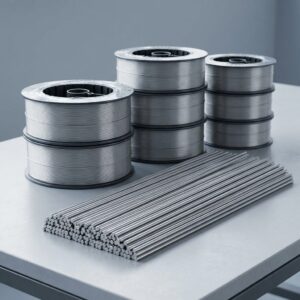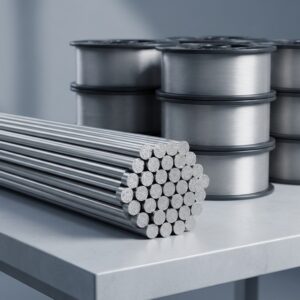Alloy 625 Steel, also known as Inconel 625, is a superalloy renowned for its exceptional strength, high-temperature stability, and resistance to corrosion and oxidation. Whether you’re delving into its chemical composition, mechanical properties, or diverse applications, this guide provides an in-depth exploration of Alloy 625 Steel. From its use in aerospace to marine engineering, we’ll cover everything you need to know. Let’s dive right in!
Overview of Alloy 625 Steel
Alloy 625 Steel, also referred to as Inconel 625, is a nickel-based superalloy that is highly prized for its unique combination of high strength, excellent fabricability, and outstanding corrosion resistance. Developed by the International Nickel Company (INCO) in the 1960s, this alloy has found its way into numerous high-stress, high-temperature applications across various industries.
Key Characteristics:
- Exceptional Strength: Maintains high tensile strength and toughness at temperatures up to 2000°F (1093°C).
- Corrosion Resistance: Offers superior resistance to pitting, crevice corrosion, and intergranular attack.
- Oxidation Resistance: Can withstand oxidation at high temperatures, making it ideal for aerospace and power industries.
- Versatility: Easily fabricated and welded, allowing for use in complex shapes and configurations.
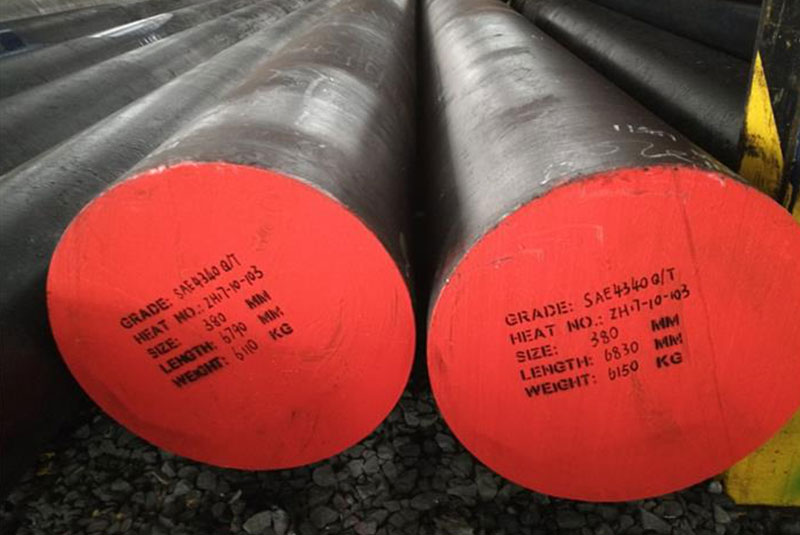
Chemical Composition of Alloy 625 Steel
The unique properties of Alloy 625 are largely due to its specific chemical composition. Below is a table detailing the elements and their respective percentages in Alloy 625 Steel:
| Element | Percentage (%) |
|---|---|
| Nickel (Ni) | 58.0 min |
| Chromium (Cr) | 20.0 – 23.0 |
| Molybdenum (Mo) | 8.0 – 10.0 |
| Niobium (Nb) | 3.15 – 4.15 |
| Iron (Fe) | 5.0 max |
| Carbon (C) | 0.10 max |
| Manganese (Mn) | 0.50 max |
| Silicon (Si) | 0.50 max |
| Phosphorus (P) | 0.015 max |
| Sulfur (S) | 0.015 max |
Mechanical Properties of Alloy 625 Steel
Understanding the mechanical properties of Alloy 625 is crucial for determining its suitability for various applications. Here’s a table that outlines these properties:
| Property | Value |
|---|---|
| Tensile Strength | 120-160 ksi (827-1103 MPa) |
| Yield Strength | 60-120 ksi (414-827 MPa) |
| Elongation | 30-60% |
| Hardness | 200-300 HB |
| Modulus of Elasticity | 207 GPa (30 x 10^6 psi) |
| Density | 8.44 g/cm³ |
| Specific Heat Capacity | 427 J/kg·K |
| Thermal Conductivity | 9.8 W/m·K |
Applications of Alloy 625 Steel
Alloy 625’s remarkable properties make it suitable for a variety of high-performance applications. Here’s where you might find it in action:
| Industry | Application |
|---|---|
| Aerospace | Jet engines, exhaust systems, turbine seals |
| Marine Engineering | Submarine hulls, seawater pumps, piping |
| Chemical Processing | Reactor cores, distillation columns |
| Power Generation | Gas turbines, heat exchangers |
| Oil & Gas | Downhole equipment, offshore platforms |
| Nuclear Industry | Reactor cores, control rods |
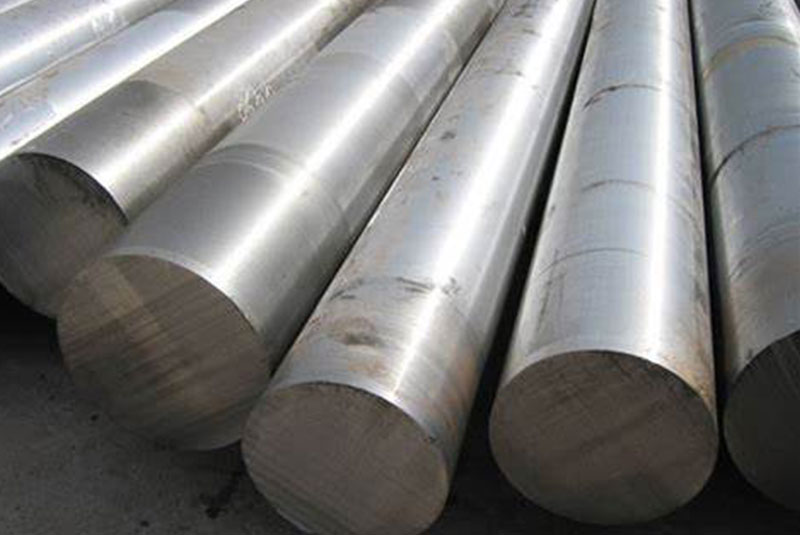
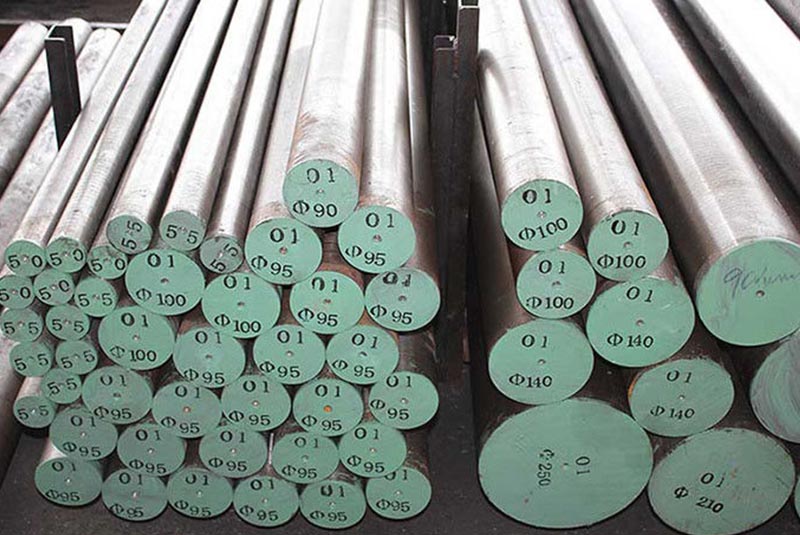
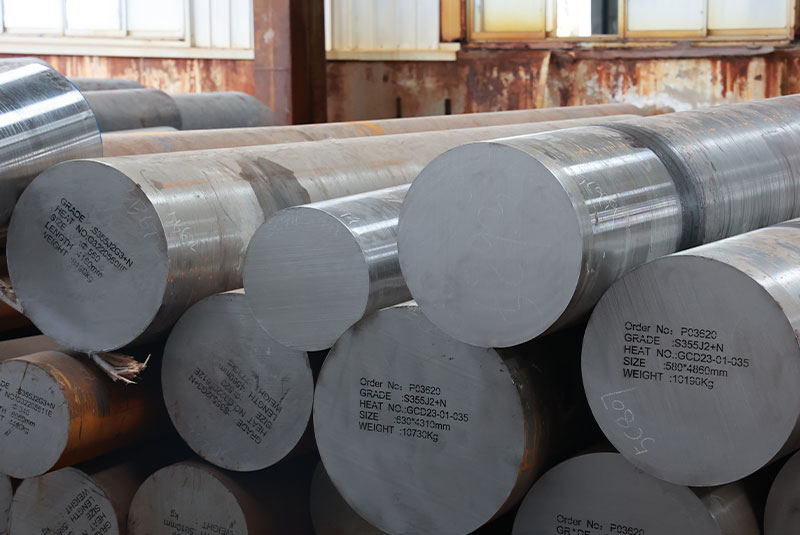

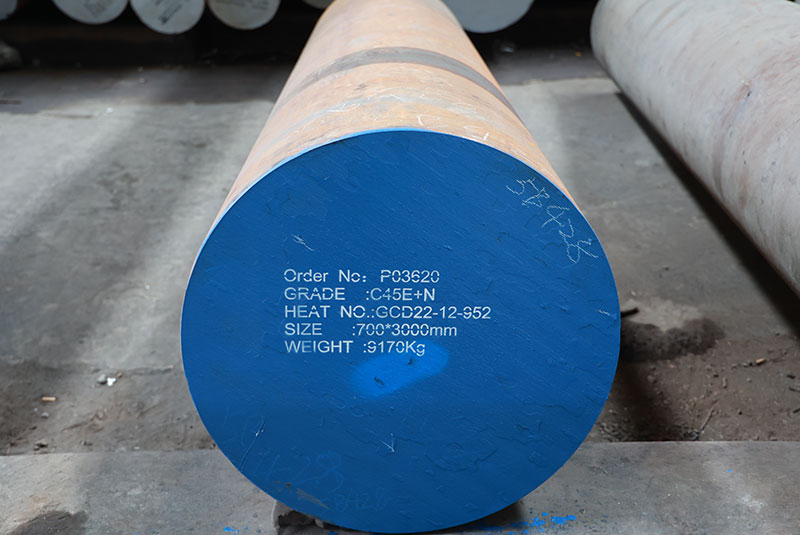
Heat Treatment of Alloy 625 Steel
Heat treatment processes are essential in optimizing the mechanical properties of Alloy 625 for specific applications. Here are the common heat treatment methods:
| Heat Treatment Method | Temperature Range | Purpose |
|---|---|---|
| Annealing | 1600-1900°F (870-1038°C) | Relieve stresses, improve ductility |
| Solution Annealing | 2100-2200°F (1149-1204°C) | Homogenize structure, dissolve precipitates |
| Stress Relieving | 1100-1500°F (593-816°C) | Reduce residual stresses |
| Age Hardening | 1200-1400°F (649-760°C) | Increase strength and hardness |
Suppliers and Pricing of Alloy 625 Steel
When it comes to sourcing Alloy 625, it’s essential to compare suppliers based on quality, availability, and cost. Here’s a snapshot of some suppliers and their pricing details:
| Supplier | Country | Price Range (per kg) | Additional Services |
|---|---|---|---|
| Special Metals Corporation | USA | $50 – $70 | Custom fabrication, technical support |
| Rolled Alloys | USA | $45 – $65 | Heat treatment, machining |
| VDM Metals | Germany | $55 – $75 | Global shipping, alloy consulting |
| Allegheny Technologies Inc. | USA | $50 – $68 | Inventory management, processing |
| Haynes International | USA | $48 – $70 | Metallurgical support, R&D services |
Advantages and Disadvantages of Alloy 625 Steel
Choosing the right material often involves weighing its pros and cons. Here’s how Alloy 625 stacks up:
| Aspect | Advantages | Disadvantages |
|---|---|---|
| Strength | High strength at elevated temperatures | Higher cost compared to some alternatives |
| Corrosion Resistance | Exceptional resistance to various forms of corrosion | Difficult to machine in hardened state |
| Fabrication | Excellent weldability and formability | Requires specialized welding techniques |
| Durability | Long service life in harsh environments | Heavy compared to aluminum and titanium |
| Thermal Stability | Maintains properties across a wide temperature range | Higher thermal expansion coefficient |
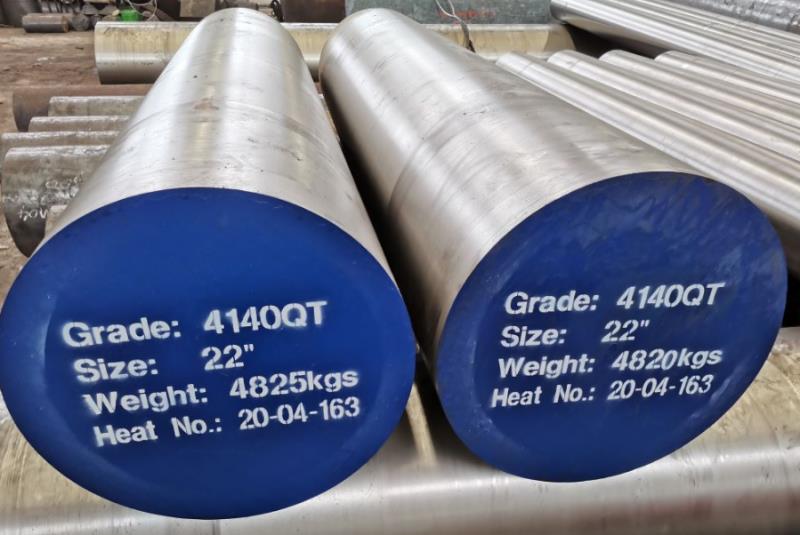
FAQ
Here are some frequently asked questions about Alloy 625 Steel:
| Question | Answer |
|---|---|
| What makes Alloy 625 so resistant to corrosion? | The high nickel and chromium content provide excellent resistance to a wide range of corrosive environments, including acidic and chloride conditions. |
| Can Alloy 625 be welded? | Yes, Alloy 625 is known for its excellent weldability and can be welded using various techniques, including TIG and MIG welding. |
| What industries commonly use Alloy 625? | Alloy 625 is widely used in aerospace, marine engineering, chemical processing, power generation, oil & gas, and the nuclear industry. |
| How does Alloy 625 compare to Alloy 718? | While both are nickel-based superalloys, Alloy 625 offers superior corrosion resistance, whereas Alloy 718 provides better high-temperature strength. |
| Is Alloy 625 magnetic? | No, Alloy 625 is non-magnetic due to its high nickel content. |
Conclusion
Alloy 625 Steel is a powerhouse material, providing unmatched strength, durability, and resistance to extreme environments. Its unique properties make it indispensable in high-stress, high-temperature applications across a variety of industries. Whether you’re designing jet engines or deep-sea equipment, understanding the characteristics and capabilities of Alloy 625 will ensure you make informed decisions that lead to successful, long-lasting projects.

